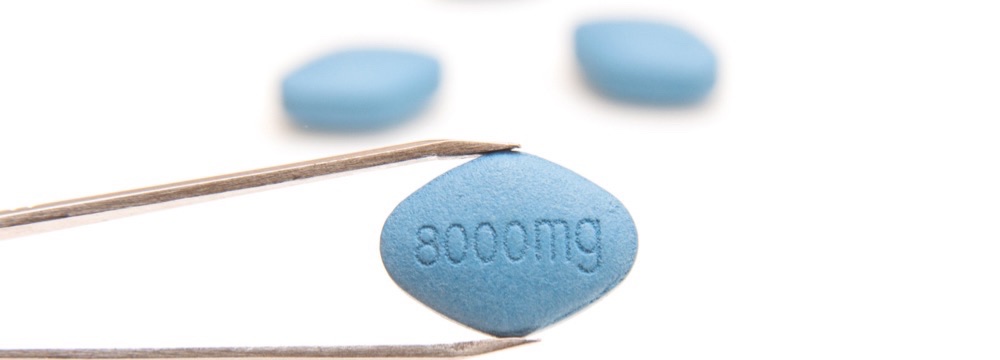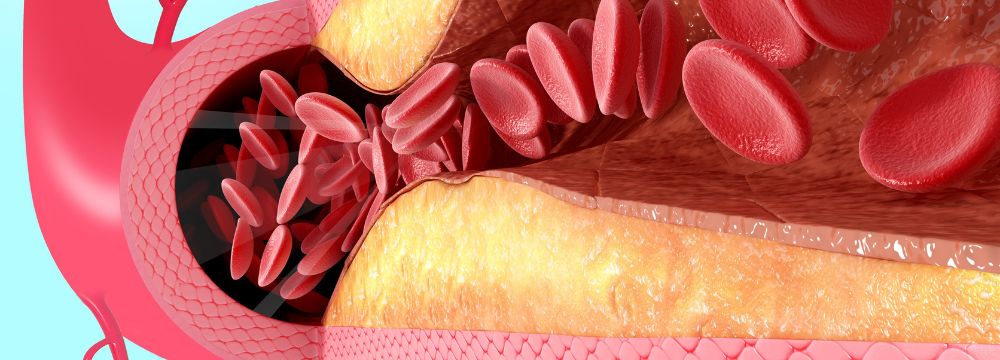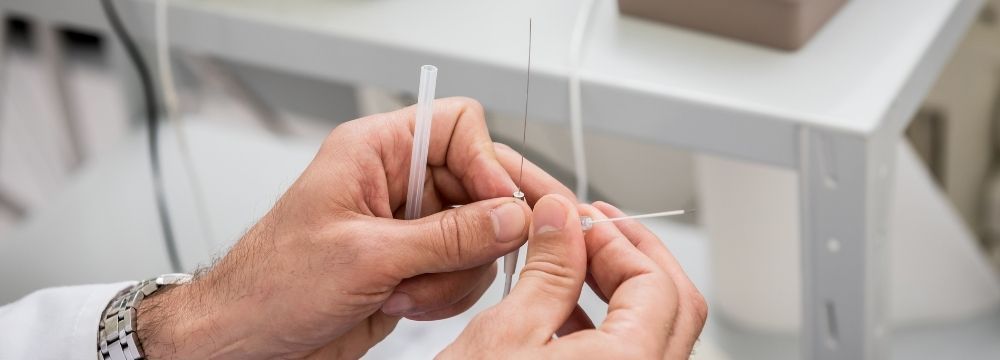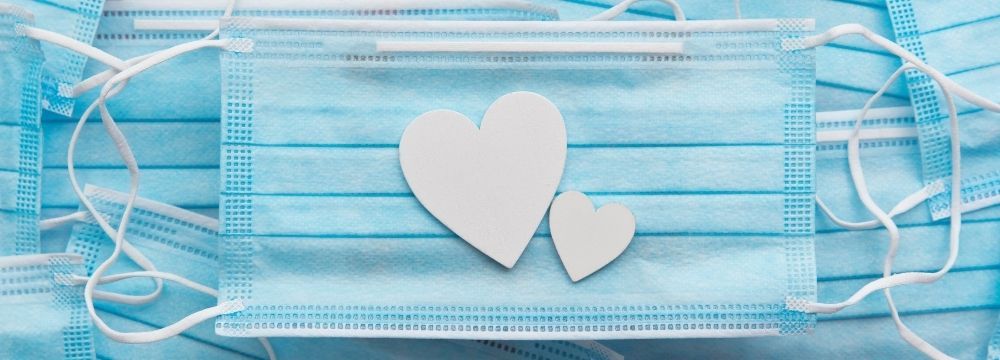
We don’t often associate ED or Erectile Dysfunction with cardiovascular disease and heart problems. However, while there are several potential causes of ED, the one that we as cardiologists are most concerned with is, you guessed it, cardiovascular disease. While they may seem unrelated, there is a common thread. For a man to achieve an erection, blood must flow into the penis efficiently. There are many reasons why this may not happen; however, if the blood flow issue results from partially blocked blood vessels, it may be indicative of a more significant cardiovascular problem. In fact, it is estimated that over 50% of men suffering from ED may have atherosclerosis to blame, at least in part.

Cardiotoxicity is a term used to describe damage to the heart caused by specific cancer treatments. It is essential to discuss cardiotoxicity with your cardiologist if you have cancer treatment because some radiation and chemotherapy have adverse effects on the heart. By coordinating your care with your oncologist and your cardiologist, you can minimize the risk of heart problems due to your cancer treatment.
You may be wondering how common cardiotoxicity is. After all, you may have known patients undergoing chemotherapy and radiation but never having any heart problems. The fact is that cardiotoxicity is relatively rare. However, the effects of cardiotoxicity may not be apparent during or immediately after your cancer treatment. Some patients develop symptomatic cardiotoxicity years after their treatment. In some cases, cardiotoxicity reduces the ability of your heart to pump blood around your body; however, in severe cases, it can lead to heart failure.

A heart attack is one of the most frightening moments in a person’s life. It can remind us of our mortality and often paralyzes us into believing that we should reduce our activity to preserve the heart muscle. But let’s explore a heart attack and why not exercising may cause even more significant problems.
A heart attack occurs when oxygen-rich blood to the heart is limited by the partial or complete occlusion of the supplying artery. This happens due to plaque buildup within that artery, known as atherosclerosis. Like any other muscle in the body, when the blood flow is interrupted, the tissue supplied by that blood vessel begins to die. The longer the heart remains without its blood supply, the greater the damage. Fortunately, due to better public awareness of heart attacks and faster interventions, the number of people surviving a heart attack has increased over the years.

Most of us know someone who has needed an angioplasty and lives with one or more stents in their arteries. Many of us also know people who have needed a heart bypass or CABG. Ultimately, the reason for either procedure is the buildup of plaque in the arteries that has slowly narrowed them to the point where the heart is not receiving enough oxygen-rich blood. If left untreated, this condition known as atherosclerosis can lead to significant chest pain and a heart attack.
But for those of us that have spent the best part of our lives sitting on the couch and eating poorly, is there any hope? Is there any way that we can avoid the eventuality of requiring a procedure to unclog or bypass our arteries? The short answer is “sort of.”

There has been a significant debate for years over the health benefits of organic foods. Organic means non-genetically modified, pesticide-free, natural foods. You can liken them to foods grown and raised the way our grandparents or great-grandparents would’ve been accustomed. Often organic foods are significantly more expensive than those grown conventionally because they are prone to many of the farming risks that conventional foods have been modified or sprayed to avoid.
Proponents say that organic foods help us avoid chemical toxicity and question whether genetic modification may affect long-term health. On the other hand, those who believe in modern, conventional farming point out that there’s no conclusive evidence that organic food is better than conventional. Further, conventional farming methods have made food more available worldwide.

As we’ve discussed elsewhere on this website, atrial fibrillation or afib represents the most common cardiac arrhythmia in the United States and worldwide. This has genuinely become a national medical concern, with an estimated 5 million American adults suffering from the condition. However, you may also remember that it is not the irregular heartbeat itself that we’re most concerned about. Instead, this irregular heartbeat may cause blood to pool in the heart’s left atrial appendage. This increases the risk of stroke and heart attack by up to five times. You can learn more about stroke risk in Afib patients here.
While many patients begin their Afib treatment journey with antiarrhythmic and anticoagulant medication, those no longer finding the medication effective or who cannot tolerate the drugs have several potential curative options.

When we start a health improvement program, whether diet or exercise or both, we typically only look at one part of the problem – calories in versus calories out. But doing so only takes part of the problem into account. More than just those calories, some factors can affect your heart health directly.
Foremost is sleep. It’s an underappreciated tool for not only our heart health but for our general health as well. Yes, Americans are dramatically sleep-deprived, and the result can be significant. For example, when we spring forward for daylight savings time and we have one hour less of sleep, heart attacks increase by 24% on that day. When we fall back and have that extra hour of sleep, heart attacks drop by 24%. It may seem dramatic, but our hearts and bodies are finely tuned to sleep patterns.

One of the most perplexing aspects of the COVID-19 pandemic is the variability in patients’ symptoms. We know that patients with certain risk factors, including cardiovascular disease, pulmonary disorders, and obesity, are at particular risk of severe symptoms. However, it remains somewhat difficult to predict who will experience a mild case, sometimes even asymptomatic, and who will experience more significant symptoms when few or no risk factors are present.

You’ve probably been told that hydration is key to good health, and this is very true. Our bodies are mainly composed of water, and our hydration status plays a significant role in every bodily function we have. The best way to illustrate this concept is that we can survive without food for weeks, yet we can only live a few days without water.
Beyond the effect on our general health, staying well hydrated offers some undeniable and less obvious benefits to our hearts.

Stress is an inclusive term, but different kinds of stress have very different implications for the heart. Unfortunately, stress is synonymous with problems and resultant poor health due to the typical modern American lifestyle. When we discuss stress, we often focus on the issues in our lives that trigger our inherent fight or flight reaction. Historically, this was only activated when we, as humans, experienced life or death situations. However, as these genuinely frightening occurrences have become rare, the consequences of sustained chronic stress have proliferated. Chronic stress releases several hormones into the body that can cause us to gain weight increase our cholesterol, blood sugar, and blood pressure.




